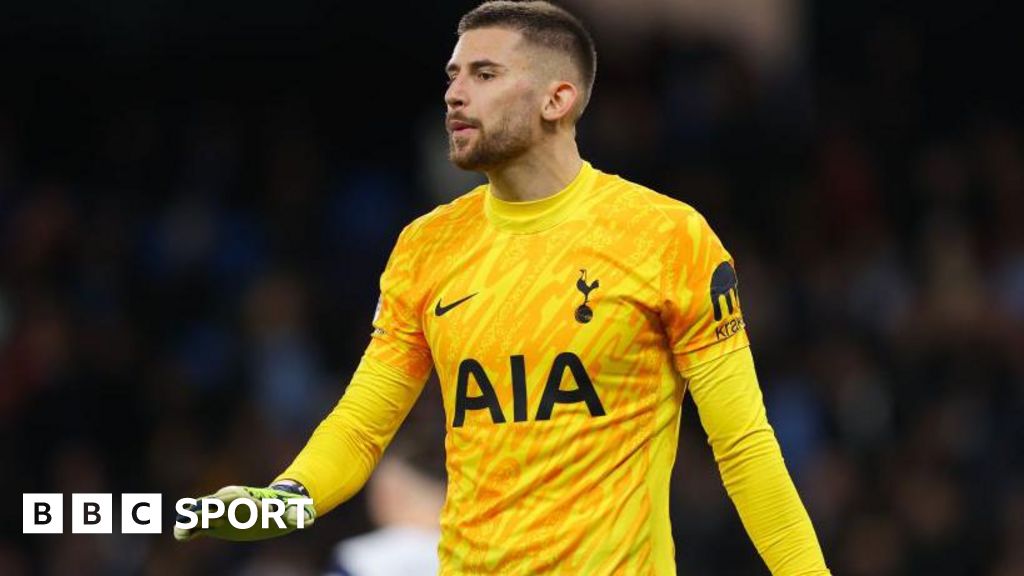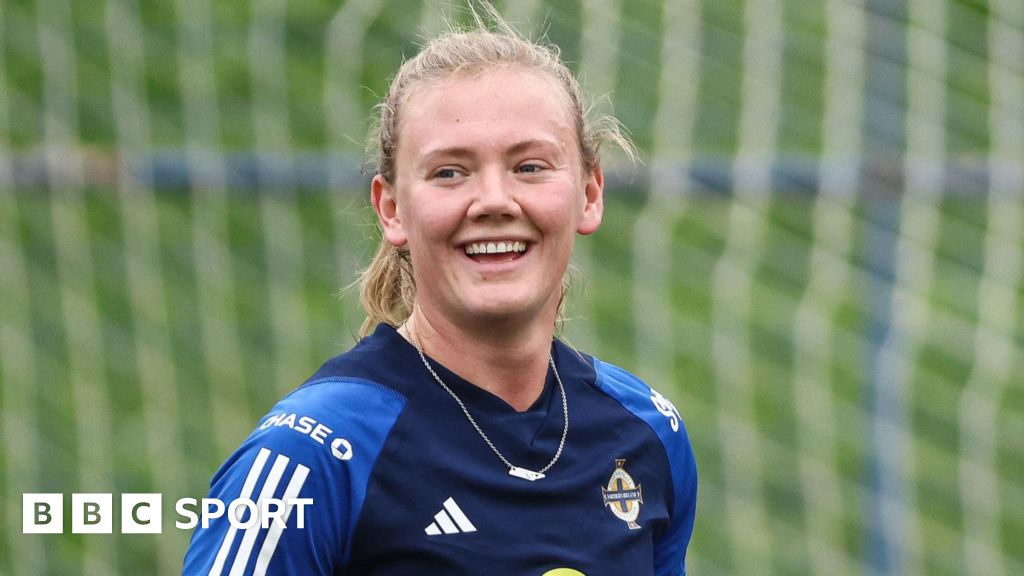ARTICLE AD BOX
The UK government should "get serious" with the football regulation bill and "address the bias" of a lack of black managers, says Delroy Corinaldi, co-founder of the Black Footballers Partnership.
The Football Governance Bill was announced by the previous government and reintroduced in this summer's King's Speech following the Labour Party's election victory.
It will establish an independent football regulator to look at issues such as the distribution of revenue in he game to make it more sustainable.
But Corinaldi, speaking at the Black Football Partnership awards - an event put on at the House of Commons to recognise black pioneers within football - said the bill was "too narrow".
Data from the Black Footballers Partnership found 43% of footballers in the Premier League are black. Despite that, just 4.4% of management positions are occupied by black ex-players, dropping down to 1.6% in executive, leadership and ownership positions.
Corinaldi called for change in March, saying black footballers were becoming a "lost generation" after playing careers. At Thursday's event he reiterated the plea to Culture secretary Lisa Nandy.
"We can have black players not only be entertainers, but wonderful leaders in the game," said Corinaldi.
"We know it is a narrow bill at the moment but I think we all need to get serious.
"There's a big problem in the game. There's a bias in the game and this football regulation bill. Lisa Nandy, please, if you are listening, we need to do more with it.
"The bill is an opportunity for change. The bill is an opportunity to deliver for the people of this country. The bill is, a new government for change, an opportunity for us to show what success looks like."
Corinaldi's calls were echoed by former Newcastle, Brighton and Nottingham Forest boss Chris Hughton, who received the Tony Collins award at the event for showing leadership on and off the field.
"It has to be about the future," said Hughton. "We all have kids and grandkids and what we want is certainly to [have] far better representation in the coming day.
"I think for someone who has been in the game a long time and has seen the changes, I think there is an enthusiasm for change. But of course, it means those numbers have to change.”
Among those in attendance at the event was Mary Phillip, the first black player to captain England's women in 2007.
"People ask me if I was playing football now, would I have got into the England team now?" she said after receiving the Emma Clarke award.
"It would be very hard to answer that question and it's probably no because the pathways aren't there."

 1 month ago
10
1 month ago
10








 English (US)
English (US)